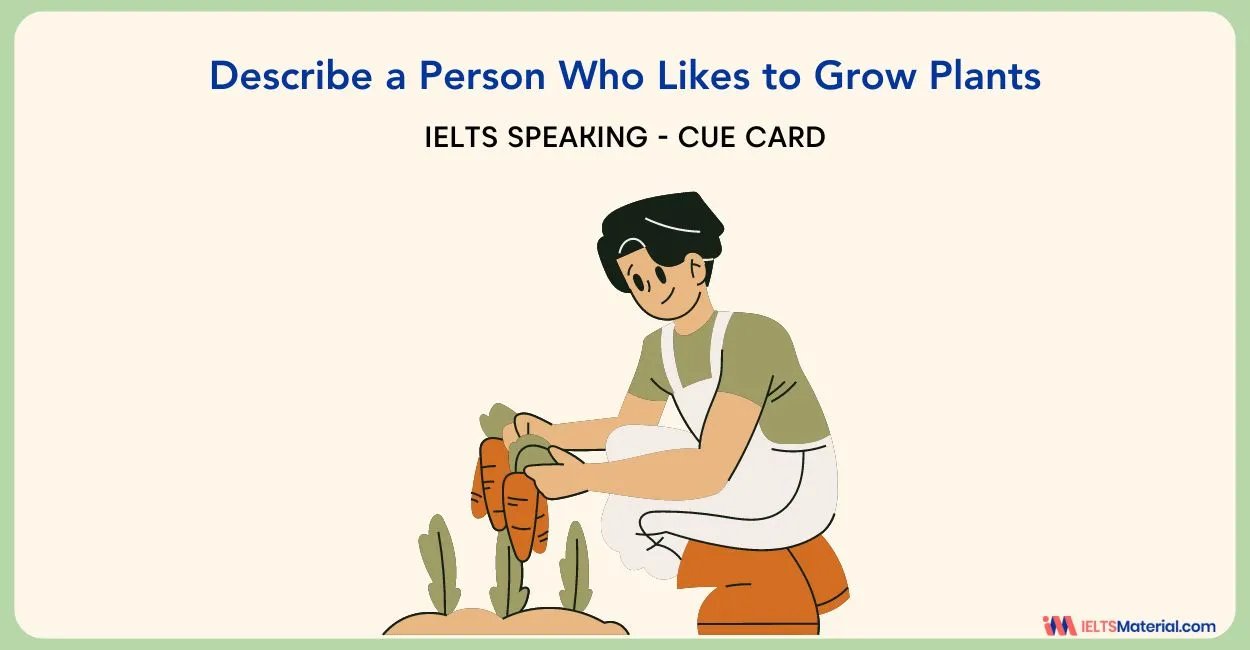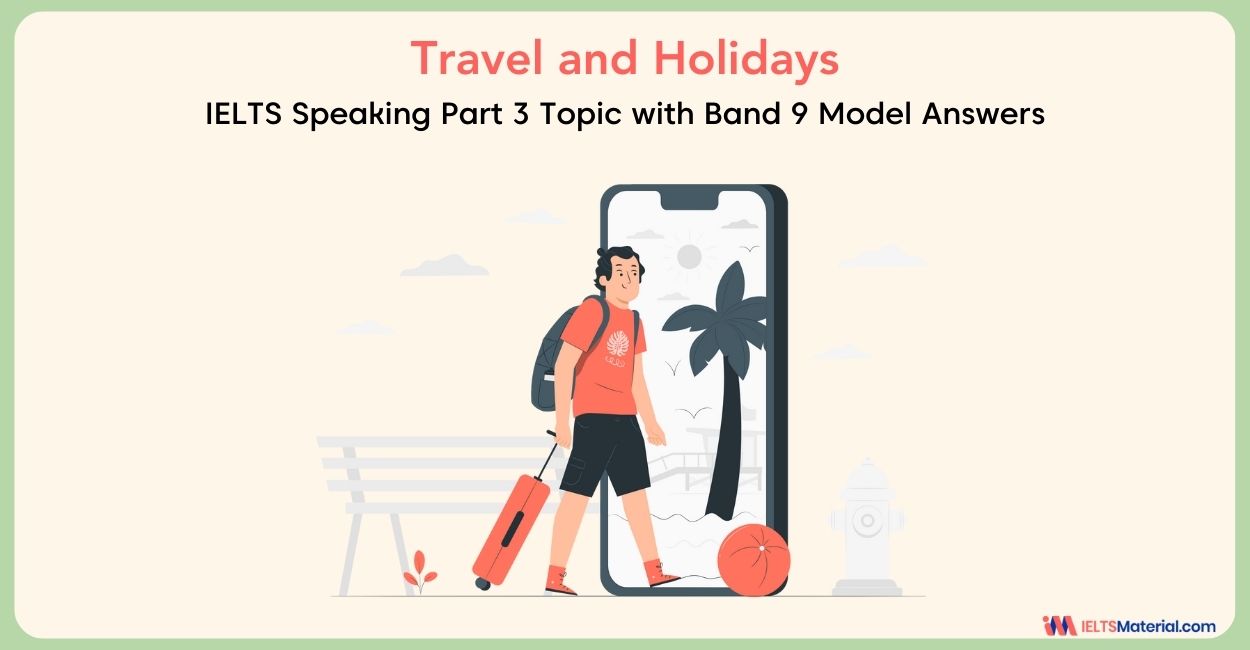Education IELTS Speaking Part 3
4 min read
Updated On
-
Copy link
Want to ace IELTS Speaking Part 3? Check out our sample answers on 'School & Education' and take your speaking skills to the next level for your dream score!
Table of Contents

Limited-Time Offer : Access a FREE 10-Day IELTS Study Plan!
In the IELTS Speaking Part 3 ‘Education’, you must answer the follow-up questions naturally and fluently. Make sure to focus on one idea only and then expand it into a long, meaningful sentence! Use a range of grammar patterns and vocabulary, which can help you get band 8.0+ for IELTS Speaking.
Practice with the sample answers below to learn how to clearly and successfully communicate the part 3: Education!
Check out: 151 IELTS Speaking Topics Part 2 & 3
Education: IELTS Speaking Part 3 (Follow-up Questions)
Given below are the IELTS Speaking recent actual test questions and sample answers based on school and education speaking topic.
1 What courses/subjects you think will be added in your high school?
Rather than adding more courses, I think most of those we already have will become electives. Students in my country are already studying too many subjects, most of which they have no interest in. When I was in school, I had 13 mandatory subjects, and I can’t recall what I learned in half of them.
2 What courses/subjects will be helpful in future work?
I think classes on foreign languages and intercultural communication will be useful. The world is becoming more and more globalized, so being able to speak at least one foreign language will help people find work in the job market. As for intercultural communication, knowledge about cultural norms and the ways in which people think and interpret messages will prevent miscommunication.
3 What do students do after school in your country?
Students in my country usually take extra classes after school, which are often taught by their own teachers or private tutors. If students do not have classes, many of them hang out with friends in the afternoon before going home to have dinner and do their homework.
Ready to grab that band 9 in your IELTS Speaking? Get our latest E-book now!
4 Do you think students should choose subjects they like?
Yes, to a certain extent. I think subjects like Maths, and learning at least one foreign language should be compulsory for all. Other courses like Music and art works should be optional because more students are interested in professional jobs these days.
5 What role should the teacher have in the classroom?
A teacher should be a proper mentor to their students, and create a positive learning environment. This as a result would help them in their personal growth. The teachers by making the classroom a safe space and a welcoming environment, can make the students feel valued and be motivated to learn the lessons.
6 Can the students in your country choose their favorite subjects?
No. The subjects students learn are all dictated by the Ministry of Education. In my experience, all students have at least one subject they detest. Many subjects students want to learn aren’t even available.
Buckle up to crack IELTS Speaking cue cards like this effortlessly! Sign up for a FREE demo!
7 According to you, what will school be like in the future?
I think the schools in the future will focus more on application of fundamental concepts to real-world problems instead of plain rote learning. I also think – and hope – that there will be a greater emphasis on the all-round development of the student as an individual.
8 How has teaching changed in your country in the last few decades?
Teaching has changed in my country, India over the past few years. This is because the teachers and the institutions have started giving much importance for personal development as well as academics. These days teachers are very much expected to be encouraging and help the students with personal growth than just concentrating on the books.
Education: IELTS Speaking Part 3 Vocabulary
Check out some IELTS Vocabulary to use while answering the questions based on school and education and make sure to impress your IELTS examiner.
Electives
- Meaning: Optional courses or subjects that students can choose based on their interests.
- Example: In high school, students can choose electives like photography, drama, or advanced mathematics.
Globalized
- Meaning: When businesses, organizations, and cultures become interconnected and operate on an international scale.
- Example: The globalized economy allows products to be manufactured in one country and sold in another.
Innovative
- Meaning: Featuring new methods or ideas; advanced and original.
- Example: The teacher used an innovative approach to make learning math fun and interactive for the students.
Collaborative
- Meaning: Involving two or more people working together towards a common goal.
- Example: The project was a collaborative effort between the science and art departments.
Interpreting
- Meaning: Explaining the meaning of information, words, or actions.
- Example: The guide was skilled at interpreting the ancient symbols found in the ruins.
Struggling to frame perfect answers for your IELTS Speaking test? Join our FREE webinars today!
Boost Your Speaking Skills with IELTSMaterial
The qualities of an effective speaker extend beyond fluency and confidence to include concise expression of ideas, varied language use, and correct IELTS grammar. Mastering these skills solely through practice with IELTS Speaking practice tests can be challenging. Also, you can connect with our experts for valuable tips to elevate your IELTS Speaking preparation!
Also check:

Start Preparing for IELTS: Get Your 10-Day Study Plan Today!
Recent Articles



Kasturika Samanta

Prity Mallick




Post your Comments